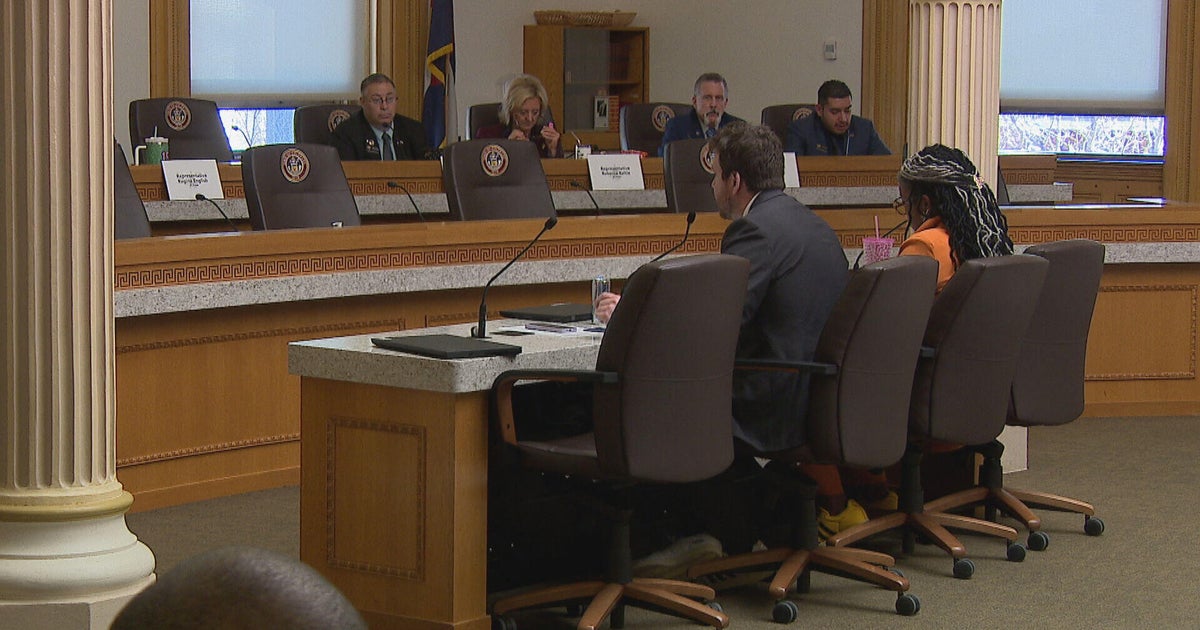Senate Votes To End Controversial Legislative Scholarship Program
SPRINGFIELD, Ill. (AP) -- The Illinois Senate agreed Thursday to stop letting lawmakers hand out free college educations to their constituents, removing the final roadblock to ending a century-old practice plagued by allegations of corruption and political favoritism.
The Senate vote makes it all but certain the program will be abolished. The Illinois House has voted repeatedly to halt the tuition waivers, and Gov. Pat Quinn opposes them, too.
Lawmakers have sometimes awarded scholarships to the children of donors and political allies or even their own relatives.
They also have violated the rule saying recipients must live in the legislator's district. In some cases, multiple recipients of the waivers mysteriously listed addresses linked to the legislators handing out the waivers, even though other records suggested they lived elsewhere. Federal prosecutors appear to be investigating the way some legislators handed out waivers.
"It's time to end and kill this dinosaur of a program," said Sen. Kirk Dillard, R-Hinsdale.
The measure passed 43-5, with five senators voting "present."
Supporters of the waiver say it lets legislators help promising students who otherwise wouldn't be able to go to college. They note Illinois is cutting financial aid at the same time tuition rates are climbing.
"I think this is a travesty for the governor to take scholarships away from people who really, truly need them," said Sen. Kimberly Lightford, D-Maywood.
The program dates back to 1905. Each of the state's 177 lawmakers is allowed to award two four-year waivers annually, with the colleges absorbing the cost of educating the lucky students. Lawmakers generally break them up and award eight one-year waivers annually. For years recipients' names were kept secret, but that changed after journalists uncovered some of the winners and their political connections.
In 2010, 150 lawmakers awarded a total of more than 1,300 such waivers.
Maryland is the only other state with a comparable program.
(TM and © Copyright 2012 The Associated Press. All Rights Reserved. This material may not be published, broadcast, rewritten or redistributed.)







